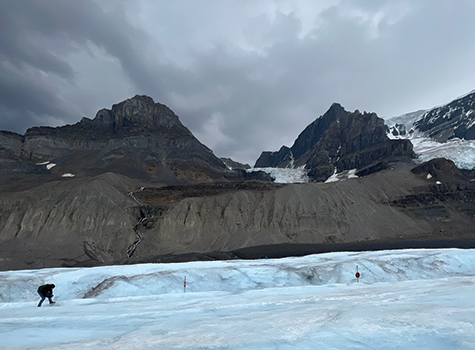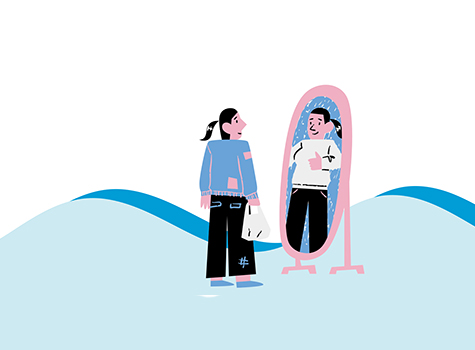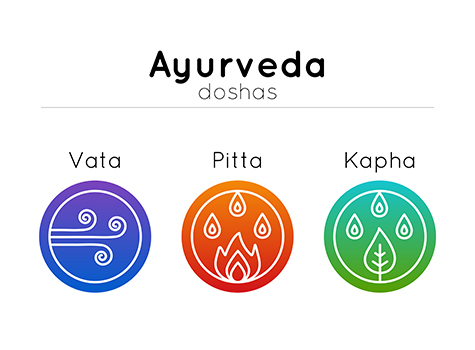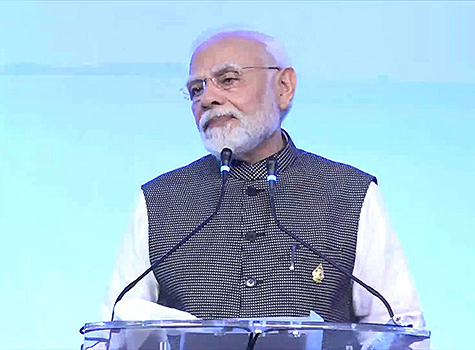By Samir Shukla

We are in the Canadian Rockies. It is mid-August. The paper maps of the national parks we are visiting, Banff and Jasper, give a sense of place that the GPS on our rented car simply can’t duplicate. Our love of national parks has brought us to western Canada for this summer trip.
After exploring many areas and the stunning scenery of Banff, we are standing on a glacier in the Columbia Ice Fields near Jasper National Park, a twin park to the more famous Banff. It’s cold. The temperature is probably around 45 degrees but feels much colder as the wind is kicking, swooshing down the mountain, bouncing off the ice and making the air feel thinner. Just a half hour earlier, before the ride up here (on a tank-like ice explorer with giant wheels), we were about half a mile down the mountain in sunny 75 degrees.
The glacier is a blue and white expanse of thick, rugged ice, jutting out of the mountain, small streams of meltwater are running on the sides, down into the lake below, and onward.
The air feels fresh and ancient at the same time.
The glacier is melting. That’s an understatement. All glaciers are melting. According to our driver, this one is expected to be gone within 50 years. The meltwater is trickling down the mountain on either side of the glacier. Swirling and passing through cracks and exposed rocks into the lake below. It’s called a ripple lake for the ripples swaying about on its surface due to a constant, steady breeze.
This water, as it melts, may be unleashing frozen viruses or thawed ancient alien bugs into the water systems. Or maybe it is just pristine water heading back to the ocean via miles and miles of obstacles. These thoughts cross my mind as I rub my hands together to stay warm, while I swish and slide my way back to the giant Ice explorer which brought us up to and onto the glacier. It’s warm inside the behemoth. I continue to absorb this natural wonder on our ride back down the mountain.
What happens as glaciers melt and work their way to oceans and seas? The oceans will rise, their natural balances will shift, some life will thrive while other life will suffer, and as usual, us wily humans will figure out a way to survive regardless.
Jumping back into our rented Jeep at the bottom of the mountain, we followed the meltwater running parallel to the road for a while and then watched it disappear into the earth to emerge again somewhere down the road.
The sky is now a little darker, rain clouds moving in, a soft drizzle accompanies us to our next stop. We pass myriad streams and waterfalls, lakes and ponds. I take a swig out of my water bottle and close my eyes for a second and think about how we take water for granted.
It is precious. Essential.
I thought of all the water, that precious resource, the stuff of life, frozen under my feet, while spending a few minutes on a glacier in Western Canada.
Samir Shukla is the Editor of Saathee Magazine
Contact: [email protected]
Twitter: @ShuklaWrites
Newsletter: ShuklaWrites.Substack.com



